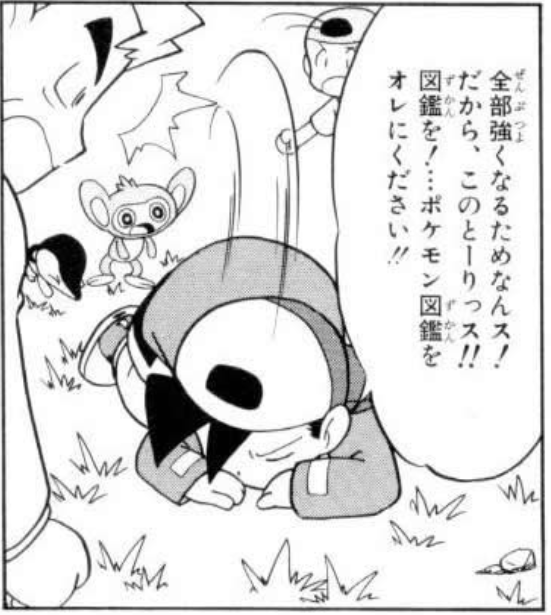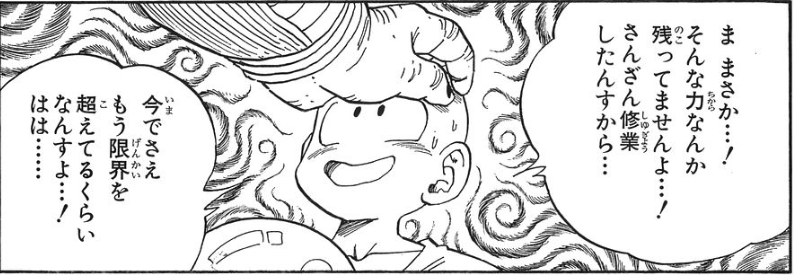Keigo or Polite speech is the Japanese concept of usually three registers: Humble speech, Reverential speech and Respect speech, common for these is that certain suplitive grammatical traits, i.e. substituting one form for the other of a word when it takes different tenses, such as with English go in the present and went in the past. Thus, the verb "to go" in Japanese is ordinarily iku (行く), whereas the humble form is mairu (参る) and the reverential form is irassharu (いらっしゃる), the respectful forms being merely adding the all-purpose polite ending -masu (ます). In addition, different pronouns are also used to show the equivalent decorous aspects when speaking hence watakushi (わたくし) and its somewhat more informal progeny watashi (わたし) are used as first person pronouns to express humility towards the recipient, usually one's boss, superior, elders and so on, similarly anata (あなた) is the courteous second person pronoun.
In most languages the T-V distinction is maintained whereas English due to linguistic and societal development threw away thou (the informal second person singular pronoun) in favour of the object case of ye (the second person plural), that is "you", as an all-purpose polite pronoun. In English, though, the usage of honorifics such as titles, i.e. sir, madam, miss, mister and so on, imply the level of formality - likewise word choice makes the difference. Slang is generally avoided, contractions as well, profanity is complete off reach. The word "please" is perhaps the quintessential marker of a polite request in English.
In Japanese comics there are some character archetypes that skewer the conventions all together to seem either cool, young, rude or a combination thereof.
We shall in this blog post be looking at a few of these characters from various manga, that is Japanese comics.
Gold (Pocket Monster Special)

全部強くなるためなんス! だから、このとーりっス!! 図鑑を! …ポケモン図鑑をオレにください!!
Zenbu tsuyoku naru tame nansu! Dakara, kono tôrissu!! Zukan o! ...Pokemon zukan o ore ni kudasai!
"I do this for the sake of becommin' stronger, sir! Therefore, I ask!! The encyclopedia... The Pokemon Encyclopedia, sir, if you'd please hand me it!!"
Gold from the series, based on the popular Game Boy games of yore, is a brash, confident lad whose speech patterns are more often pissing off to whomever he is speaking, hence when he does use polite speech it is in the slangy fashion. Notable traits are su shortened from desu (です), the respectful form of da (だ, "to be") along with still using ore (オレ), the masculine informal pronoun that has an assertive streak over it. The only actual Keigo verb present is kudasai (ください, "to humbly want/wish"), essentially in meaning equivalent to "please" or "if you would." Along with Gold kowtowing this thus expresses total humility towards the good professor Ookido, whose favour the young Gold wants to curry, but the Professor is nevertheless incredulous.
A more proper version would be:
全部強くなる為なんです! だから、この通りです!!
図鑑を! …ポケモン図鑑を僕に下さい!!
Where boku (僕) the informal masculine pronoun that is less assertive and more polite than ore, the endings su and ssu have been rendered fully into desu. Boku is more or less seen as a politer male pronoun, whereas watakushi and watashi would be seen as excessively formal for one of his age, or at least in this comic.

ま まさか…! そんな力なんか残ってませんよ…! さんざん修業したんすから…
今でさえもう限界を超えてるくらいなんすよ…! はは……
Ma masaka ...! Sonna chikara nan ka nokottemasenyo ...! Sanzan shugyou shitansukara... Ima de sae mou genkai o koeteru kurai nansuyo ...! Haha ... ...
"That... That can't be...! I have no such power left in me...! Since, I've been thorough training... Now it seems as if I can surpass my limits..! Ha ha..."
Kuririn, the perennial warrior-monk chum of Son Goku, hero of the Dragon Ball manga by Akira Toriyama uses in a few instances this slangy and informal variety of Keigo, with -su, but more than often uses -desu and the proper forms, though he tends towards using ore in the later parts of the manga, regardless of to whom he is speaking.